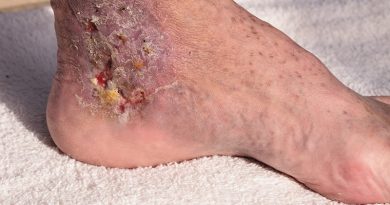COVID Pandemic Increased Stillbirth and Maternal Death Rates: Study
(Reuters) – Rates of stillbirth and maternal deaths rose by around a third during the COVID-19 pandemic, with pregnancy outcomes getting worse overall for both babies and mothers worldwide, according to an international data review published on Wednesday.
Pooling data from 40 studies across 17 countries, the review found that lockdowns, disruption to maternity services, and fear of attending healthcare facilities all added to pregnancy risks, leading to generally worse results for women and infants.
“The COVID-19 pandemic has had a profound impact on healthcare systems,” said professor Asma Khalil, who co-led the research at St George’s University of London. “The disruption caused … has led to the avoidable deaths of both mothers and babies, especially in low- and middle-income countries.”
Published in the Lancet Global Health journal, the review found an overall increase in the risks of stillbirth and maternal death during the pandemic, and found the impact on poorer countries was disproportionately greater.
It also found significant harm to maternal mental health. Of the 10 studies included in the analysis that reported on maternal mental health, six found an increase in postnatal depression, maternal anxiety, or both.
The study did not analyse the direct impact of COVID-19 infection itself during pregnancy, but was designed to look at the collateral impact of the coronavirus pandemic on antenatal, birth and postnatal outcomes.
Commenting on the findings, Jogender Kumar of the Postgraduate Institute of Medical Education and Research in India said they highlighted worrying disparities in healthcare.
“In resource-poor countries, even under normal circumstances, it is a challenge to provide adequate coverage for antenatal checkups, obstetric emergencies, universal institutional deliveries and respectful maternity care,” he wrote in a commentary. “The COVID-19 pandemic has widened this gap.”
SOURCE: https://bit.ly/39wtCzu and https://bit.ly/3u9JGiL The Lancet Global Health, online March 31, 2021.
Source: Read Full Article



